“Hear, O Israel: The LORD our God, the LORD is one. You shall love the LORD your God with all your heart and with all your soul and with all your might. And these words that I command you today shall be on your heart. You shall teach them diligently to your children, and shall talk of them when you sit in your house, and when you walk by the way, and when you lie down, and when you rise. You shall bind them as a sign on your hand, and they shall be as frontlets between your eyes. You shall write them on the doorposts of your house and on your gates.
(Deu 6:4-9)
How do I go about following this command? How do I teach my children the Torah, and more specifically, how do I teach them as I homeschool?
I would like to share some tips on how I have tried to teach Torah to my children in the last 5 years. We’ve tried several different homeschool methods and found some that work.
On school days, we begin our day by reading Scripture together. Sometimes we have read directly from the Bible. Right now, we are reading from the Learn to Read Bible. Each child takes a turn reading a page or two, so I chose a simple reader for each of them to participate. You may also enjoy using My First Torah.
We then take the opportunity to discuss what we read. Some days we will simply go through the facts of the story, and some days we dig deeper and talk about how Torah applies to everyday situations. I am amazed at my children’s insights, and humbled as we discover areas where we still need work. Don’t be afraid of the trickier sections. We are instructed to read the Torah to even children and sucklings, and that includes the tricky parts. Even things like the niddah laws can be explained in a simple, child friendly way.
We usually do a writing activity to reinforce what we have just learned. Sometimes we simply do copywork from the passage. This is very easy when you use our copywork books in your homeschool. You can also simply have the child copy a verse or a passage into a notebook. This is what we have been doing to reduce printer use and keep everything simple with 4 in school now. Sometimes I have them write a sentence or a paragraph about the passage, a summary or a personal response to what they learned. This can be an incredible opportunity to see where they are at in understanding.
We occasionally pursue a topic sprung from our Bible reading. We might want to understand something cultural, or study a science topic, or learn about a civilization or person mentioned in the passage. To get an idea of how to do this, check out some of the posts at Torah School. They aren’t all done (We don’t have 40 hours in a day lol) but you’ll get the idea of how to study related topics from the passage. You can use Bible references, encyclopedias, non fiction books, the internet, etc. I often have them do copywork from a book on a related topic from our reading, ie a paragraph about plants when we read about the 3rd day of creation.
When we move on to other homeschool subjects, Torah is not left behind. History is probably my favorite subject to continue our Torah study with. I particularly use story based history so that we can analyze each person, each incident, and compare them with Torah. Ask questions like: What did they do right? or What could they have done differently? Did this choice show a value of life? You will be amazed and probably question what you thought you knew. Science is a great opportunity to show the wisdom of our Creator. Everything in our world was made for a purpose and illustrates Torah and the character of YHVH. The more we understand our backyard, the more we understand the mind of our Creator. We also learn about stewardship, kindness, and compassion. As we watch the mother bird care for her young, we teach our children what Torah says about not taking the eggs and the mother at the same time. We see a spirit of kindness even in our dealings with animals.
When the homeschool day is over, we do not shelve Torah. When two kids are fighting, we take them back to Torah. We ask, Would you want to be shoved? Then don’t shove her. We try to teach forgiveness, reconciliation, restitution. We combat complaining with a reminder that the complainers in the wilderness were put to death in a plague. (crazy how handy that one is!) (Ooops! I’m not supposed to complain either!)
At the end of the week, we enter the wonderful time of rest that we affectionately call Shabbat. This is perhaps the most focused time of Torah teaching. After a relaxed lunch, we all pile on the couch and chairs and I read the Torah portion in its entirety. We pause often and Doug helps me explain the passage. He has different angles than I do, and I love that we can complement each other and get a more complete picture. The kids often have questions, which we take the time to answer the best we can. Then we send the kids off to play so Doug and I can spend some time in a more in depth study of a topic we find interesting that week. It’s our chance to fill our tank back up. You can’t teach your children unless you have an overflow yourself. We have to keep learning and growing ourselves, and that just flows to our children throughout the day in everyday situations.
Additional Resources
- Homeschooling Torah – This is an all inclusive curriculum based solidly on Torah. (affiliate)
- Children’s thematic studies from Tony Robinson – Help your children understand the connection between stories in the Bible, and how they point to the Messiah.
- Torah School – This website has links, ideas, and projects for further study of each Torah portion.
- Torah Class
- Ultimate Unit Study – this is an incredible resource that we have used. It shows you how to keep the Bible at the center of all your studies.
- Heart of Wisdom – This book will give you a better understanding of Hebrew versus Greek education and a plan for implementing it.
- Heritage History – This is my favorite source for story style history.
- Torah portion teachings – This is a list of websites with Torah portion teachings, by no means complete.
No matter what resources you use or what method works for your family, remember that you are completely capable of teaching your children about Torah. You have the Ruach Ha Kodesh always with you, helping you to explain and teach and pass down truths. Be sure to study for yourself. Seek out studies at your level. The more you understand, the better you can teach your children.
Happy Torah teaching!

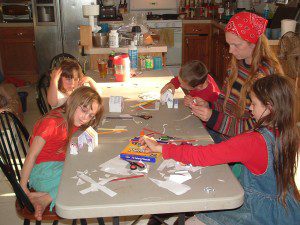
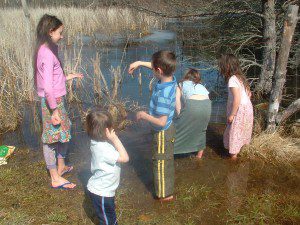



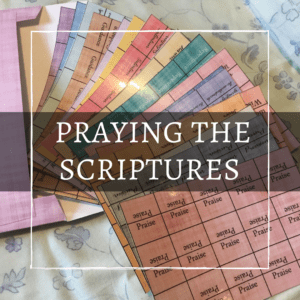
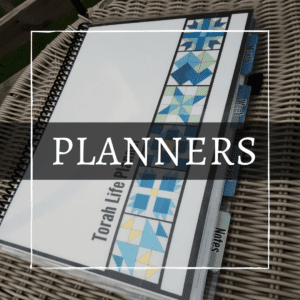






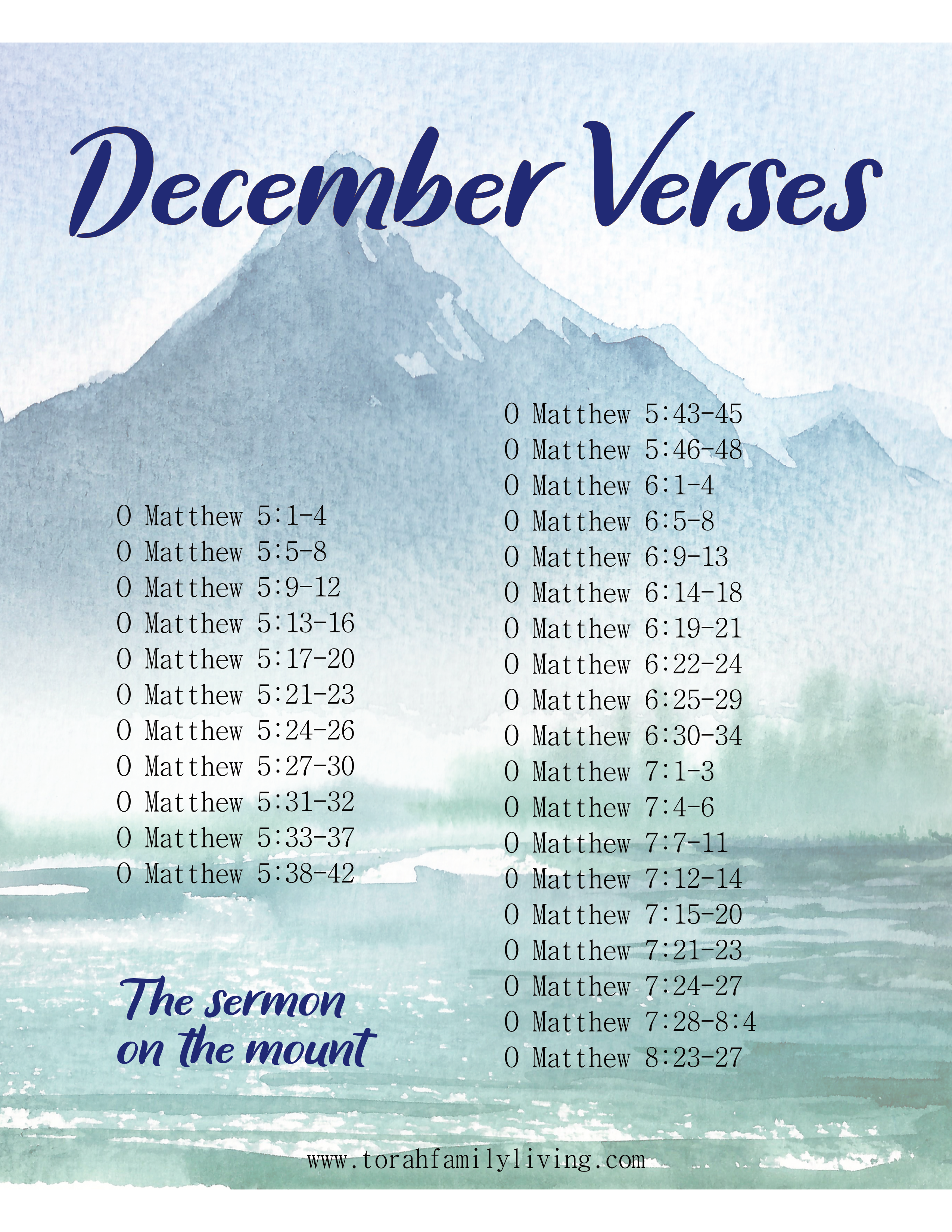

One Response
This is so wonderful to hear! I know some young families who wonder how to teach Torah to their children, and you have some great insights for all of us with our kids! Fortunately, they also read your blog. 🙂
Have a blessed day!
Shalom,
Allison